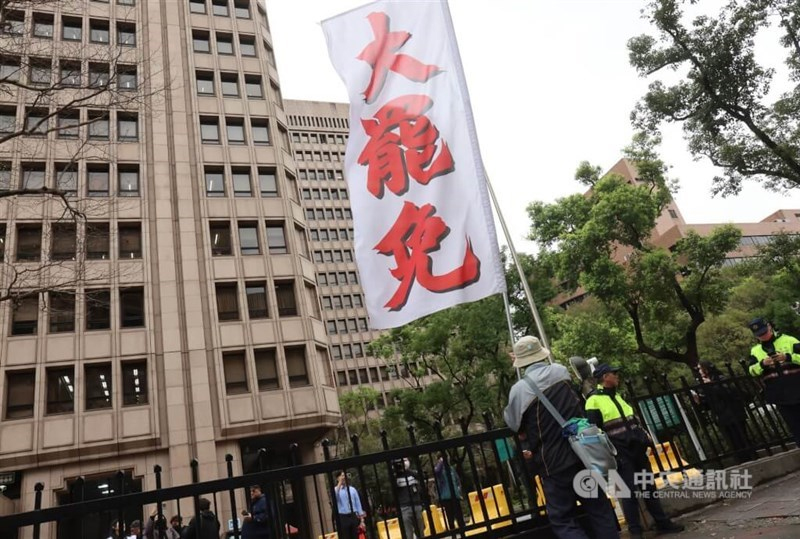In a significant development, Taiwan’s Central Election Commission (CEC) has announced a pivotal meeting scheduled for June 20, 2025, to determine the fate of multiple recall campaigns targeting opposition Kuomintang (KMT) lawmakers. This move comes amidst a broader political struggle between Taiwan’s major parties, reflecting deep-seated tensions and strategic maneuvering within the nation’s legislative framework.
🔍 Understanding the Recall Process in Taiwan
Taiwan’s recall mechanism is a three-stage process:
- Proposal Stage: Initiators must gather signatures from at least 1% of eligible voters in the legislator’s constituency.
- Second Stage: Upon approval, a more rigorous threshold of 10% of eligible voters’ signatures is required within a 60-day window.
- Voting Stage: If the second stage is successful, a recall vote is scheduled within 20 to 60 days. For the recall to pass, the number of affirmative votes must exceed the number of opposing votes and constitute at least 25% of the total eligible voters in the constituency.
This structured approach ensures that recalls are not taken lightly and require substantial public support to proceed.
🎯 The Current Recall Landscape
As of early June 2025, the CEC is verifying second-stage petition signatures for recall initiatives targeting 31 KMT lawmakers, including prominent figures such as Fu Kun-chi, Wang Hung-wei, Hsu Chiao-hsin, and Lo Ming-tsai. The verification process is crucial, as it determines whether these campaigns have met the stringent requirements to proceed to a public vote.
Notably, four petitions against KMT lawmakers have already been deemed insufficient due to a lack of valid second-stage signatures. In contrast, recall efforts against Democratic Progressive Party (DPP) lawmakers have largely failed to gather enough support, with many not reaching the second stage or still in the process of collecting signatures.
🏛️ Political Implications and Strategies
The surge in recall campaigns is deeply intertwined with Taiwan’s political dynamics. Following the 2024 elections, the KMT, in coalition with the Taiwan People’s Party (TPP) and independents, secured a narrow majority in the Legislative Yuan. This shift prompted the DPP and allied civic groups to initiate recall campaigns, aiming to regain legislative influence.
In response, the KMT has attempted counter-recall efforts against DPP legislators. However, these have faced challenges, including allegations of fraudulent signatures, leading to investigations and hindering progress. The KMT now focuses on mobilizing public opinion to oppose the recall votes, emphasizing the importance of legislative stability and cautioning against politicizing the recall process.
📅 Upcoming Developments
The CEC’s meeting on June 20 is anticipated to be a turning point. Should any recall initiatives be approved, the subsequent votes will be scheduled within the mandated 20 to 60-day timeframe. The outcomes could significantly alter the composition of the Legislative Yuan and impact Taiwan’s political trajectory.
📌 FAQs
What triggers a recall vote in Taiwan?
A recall vote is triggered when a petition gathers signatures from at least 10% of eligible voters in a legislator’s constituency within 60 days, following an initial proposal supported by 1% of voters.
How is a recall vote deemed successful?
For a recall to pass, affirmative votes must outnumber opposing votes and constitute at least 25% of the total eligible voters in the constituency.
Why are KMT lawmakers the primary targets of recalls?
The KMT’s recent legislative majority and policy decisions have prompted opposition from the DPP and civic groups, leading to recall efforts aimed at shifting the balance of power.
What challenges have KMT-led counter-recall efforts faced?
KMT’s counter-recall campaigns have encountered obstacles such as allegations of fraudulent signatures, leading to investigations and a lack of momentum compared to DPP-led initiatives.
What are the potential consequences of successful recalls?
Successful recalls could lead to by-elections, altering the legislative majority and influencing future policy directions and governance in Taiwan.


